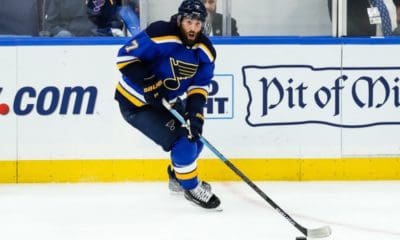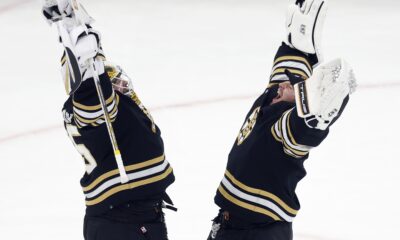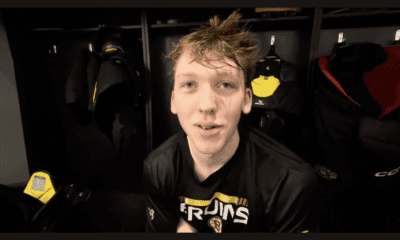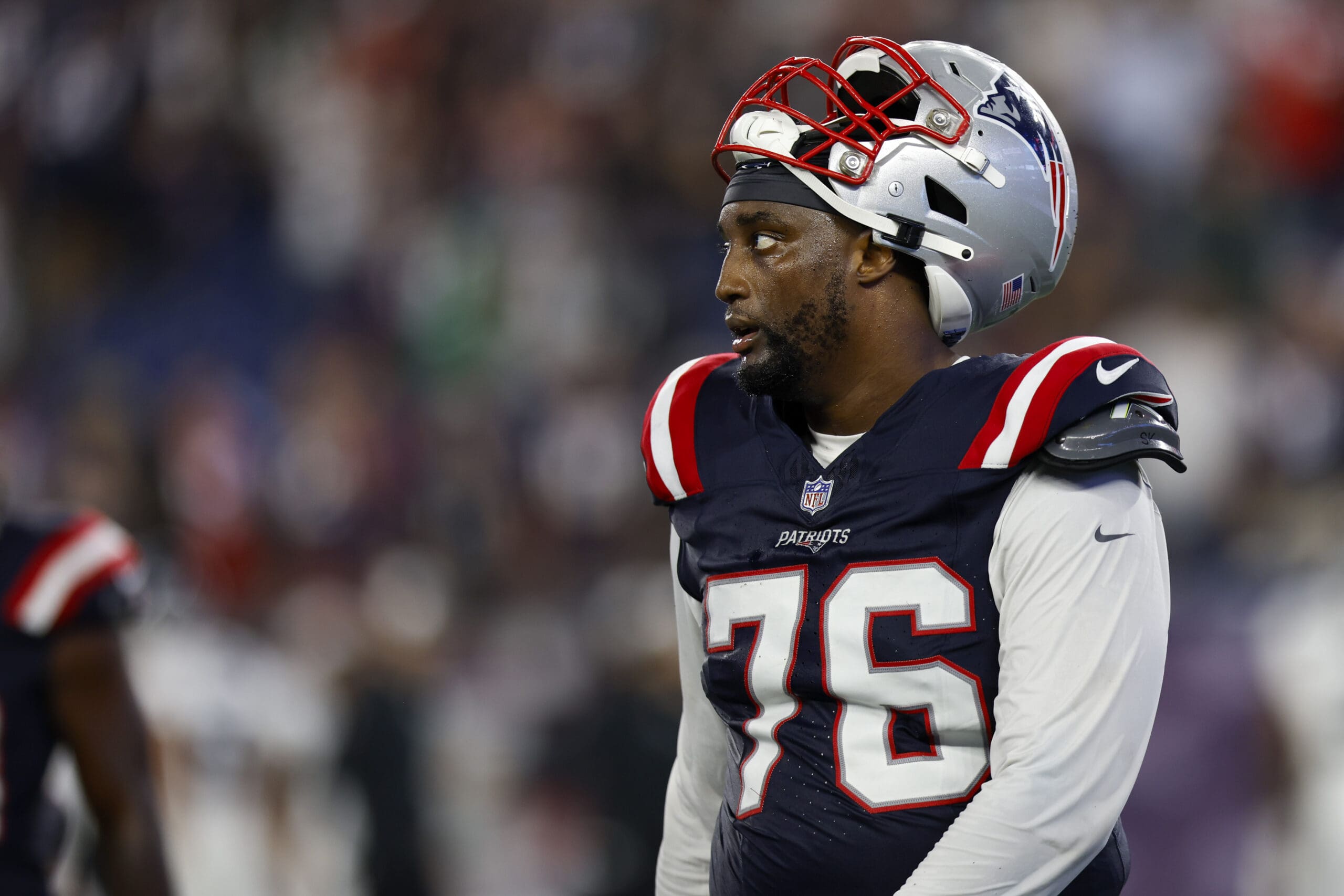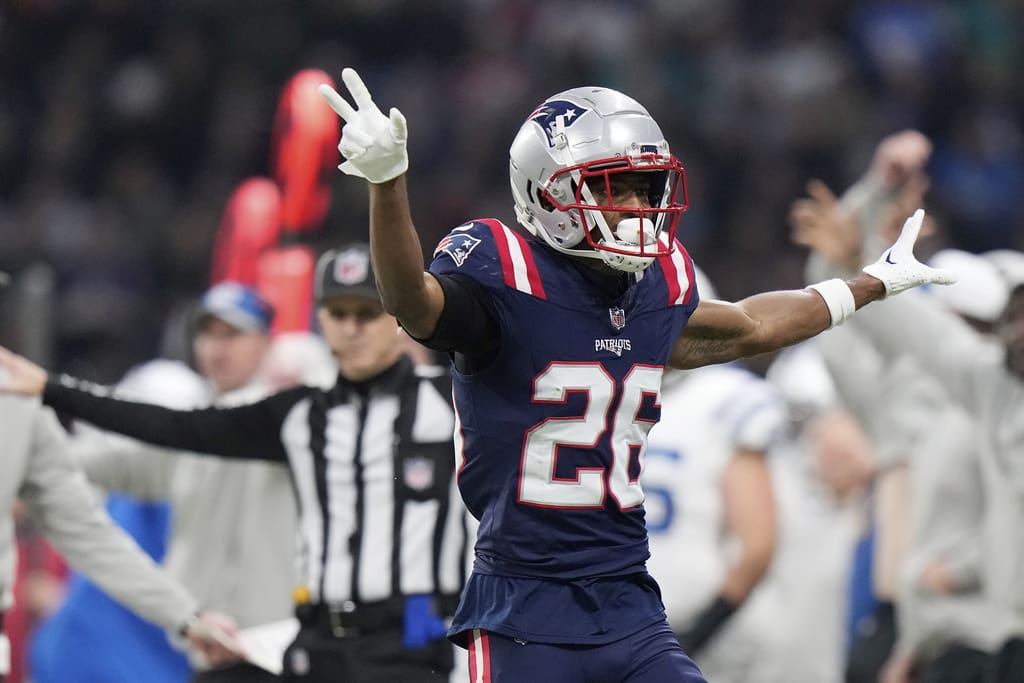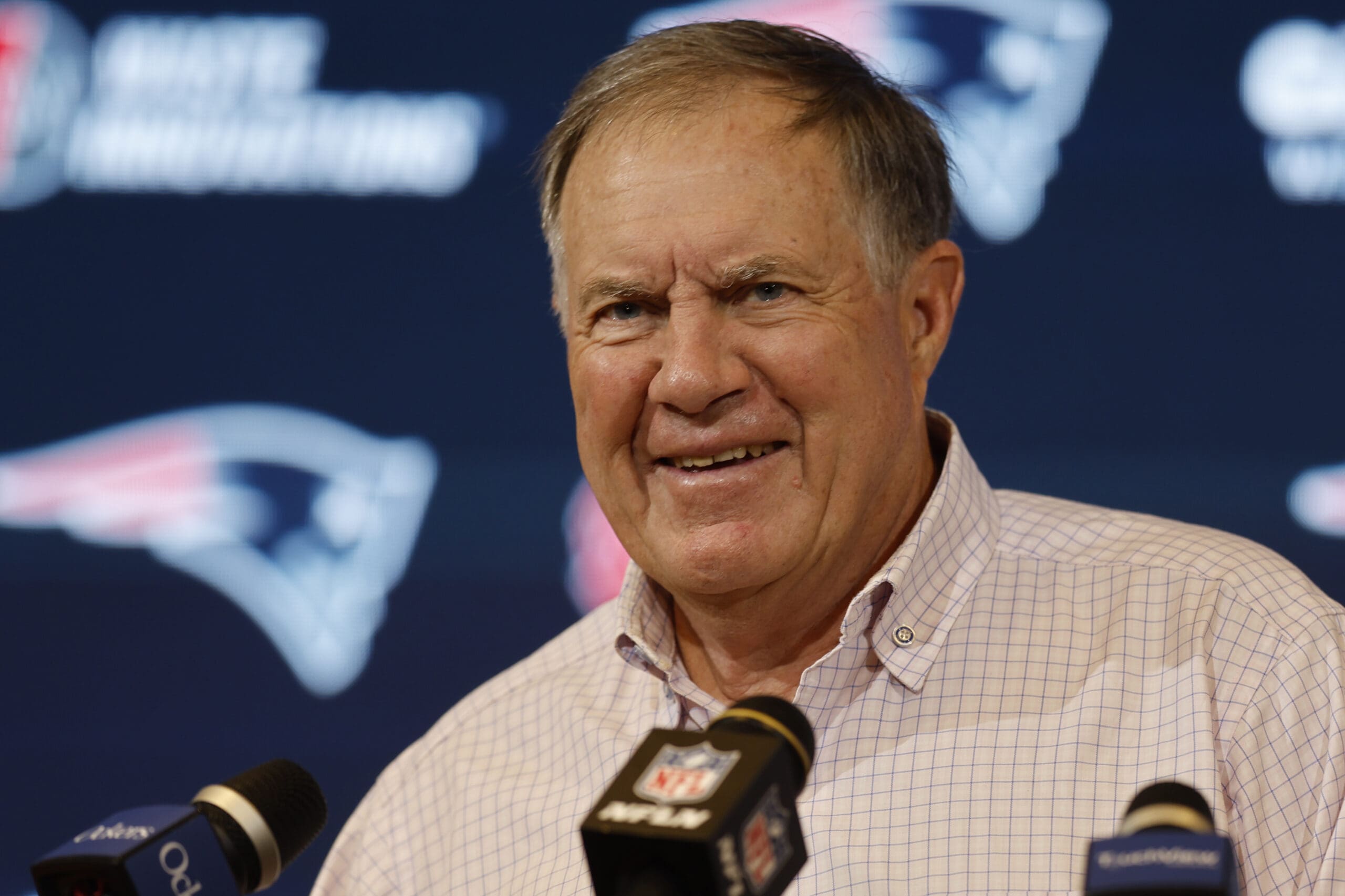Boston Bruins
Trades, Heartbreak And Motivation: The 2009-10 Boston Bruins
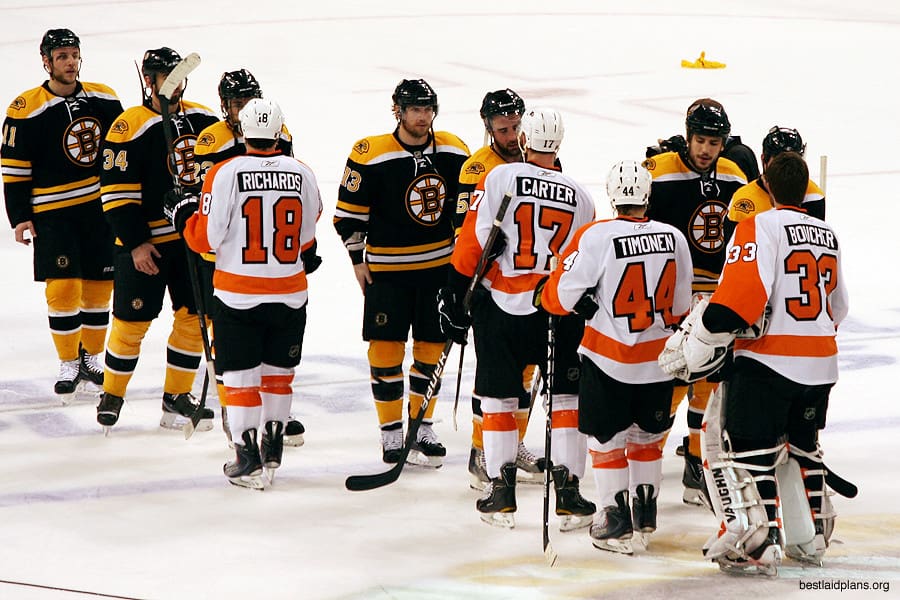
tonThe Boston Bruins soared to an elite level in 2008-09. The club was the top team in the Eastern Conference and added key veteran forward Mark Recchi. They also overcame their hated rivals, sweeping the Montreal Canadiens with ease in the opening round of the Stanley Cup Playoffs. It was all for naught, however as the Bruins lost Game 7 at home to the Carolina Hurricanes in the second round.
There was great hope on the part of the fans as the 2009-10 season opened up in Boston. No one could have imagined how the season actually would turn out.
Off-Season Of Change
When you win as much as the 2008-09 Bruins did, you don’t make changes, right? Wrong. The Bruins lost some serious character and scoring punch in the summer of 2009. It started with depth defenseman Shane Hnidy leaving as a free agent. Hnidy inked a new contract in Minnesota to join a young Wild team.
It continued on July 24, when Aaron Ward was sent back to Carolina. Ward, acquired from the New York Rangers during the 2006-07 season, had won a Stanley Cup with the Hurricanes in 2006. A big part of Boston’s culture change, Ward was moved for a fourth-round pick in 2010 and Patrick Eaves.
Eaves never played a game for the Bruins. He was immediately placed on waivers and bought out by the club. Later, Eaves signed with the Detroit Red Wings.
The biggest change came on September 18th. That’s when a famous trade was consummated between the Bruins and the rival Toronto Maple Leafs. Phil Kessel’s contract situation became dicey, and the club was left with little choice but to move on from the young sniper.
The Maple Leafs stepped up. They offered quite a package of draft picks that should have set the Bruins up for a decade or more. The club acquired Toronto’s first-round picks in 2010 and 2011, along with their second-round pick in 2010.
Although the deal looked great when Toronto finished as the second-worst team in the league in April, it did cause problems for the Bruins in 2009-10.
Failure To Launch
The Bruins scored just 196 goals in 2009-10. They allowed just 191 and finished +5 in goal differential. Their inability to score played a big role in their final record. The club took quite a step back, finishing third in the Northeast Division and sixth in the Eastern Conference at 39-30-13. Their 91 points were just four above the playoff cutline.
That’s what happens when you are the worst offensive team in the NHL. In fact, the Bruins were the only team, per hockey-reference, to score less than 200 goals that season.
The club tried different things to fix their scoring woes. On October 18th, Chuck Kobasew was sent to the Minnesota Wild in exchange for Craig Weller, Alexander Fallstrom and a 2011 second-round pick. That paved the way for another trade, this one with the Buffalo Sabres.
The Bruins acquired Daniel Paille two days later from the Sabres for a 2010 third-round pick. The deal gave the Bruins a little more speed and versatility in their lineup.
The New Year, and thrilling Winter Classic, came and went without much pop offensively for the Bruins. Chiarelli tried his luck on the market again, this time coming away with a veteran free agent. On January 2nd, 2010, the Bruins signed Miroslav Satan for the remainder of the season.
Satan scored just nine goals during the regular season in Boston. He finished with a total of 14 points (9 g, 5 a) in 38 games played. His legacy would be left during the 13 games played that spring in the playoffs, however.
A Deadline To Remember
The Bruins, unlike in 2009, were not a lock to make the 2010 Stanley Cup Playoffs when the trade deadline came around. Chiarelli still made sure he helped his group, however.
On March 3rd, Chiarelli admitted defeat in one battle and clearly won another. Failed free agent signing Derek Morris was shipped back to the Arizona Coyotes in exchange for a conditional draft choice. The money opened up there was used to acquire veteran defenseman Dennis Seidenberg from the Florida Panthers.
Seidenberg and fellow rearguard Matt Bartkowski came to Boston for enforcer Byron Bitz, Weller (acquired in October), and a 2010 second-round pick. Seidenberg jumped right into the Bruins top-four, and eventually became the anchor of the second pairing.
Heartbreak
The Bruins began the 2010 Stanley Cup Playoffs in Buffalo on April 15th. The Sabres had upended the Bruins as division champions and finished as the third seed in the Eastern Conference. Their reign would not last.
The Bruins lost Game 1 2-1 but took over from there. They evened things up with a 5-3 victory in Game 2, then returned to Boston to win Games 3 and 4. Game 4 took two overtimes, with Satan becoming the hero with the overtime winner to give the Bruins a 3-1 series lead.
Although Game 5 would go to the Sabres, 4-1, the Bruins polished it off in Game 6 at TD Garden.
They’d advance to face the Philadelphia Flyers in the second round of the playoffs. The upstart seventh seed appeared to be no match for the Bruins at first.
The Bruins won Game 1 5-4 in overtime on an emotional Marc Savard tally. They took Game 2 3-2, and then Game 3 4-1. Up 3-0, it looked like it was over. It looked like the Bruins were on their way to the Eastern Conference Final for the first time in well over a decade.
Then the ice melted underneath the Bruins and they suffered the biggest collapse in team history and of the biggest in NHL history.
David Krejci suffered a dislocated wrist in Game 3 and would miss the rest of the playoffs. The Bruins couldn’t hang on in Game 4, and fell 5-4 in overtime on a Simon Gagne goal. It didn’t seem like a big deal, but it gave the Flyers life.
The Flyers went to Boston and secured a 4-0 victory in Game 5, then returned home and forced Game 7 with a tight 2-1 victory in Game 6. Game 7 would be back at TD Garden, with all the pressure squarely on the Bruins.
The offense had been an issue in Games 5 and 6, but it wasn’t in Game 7. The Bruins, like in the series, jumped out to a 3-0 lead with a dominant first period. Just like in the series, however, the Flyers wouldn’t die. They scored four straight to take a 4-3 victory, completing the most improbable comeback in recent NHL history.
The Bruins season ended in Game 7 for the third year in a row, the second straight time in happened on home ice. A reputation formed. These Bruins were just like the early 2000’s group and the teams of the 1980s and 1990s. Sure, they were good. They couldn’t win when it mattered, however.


